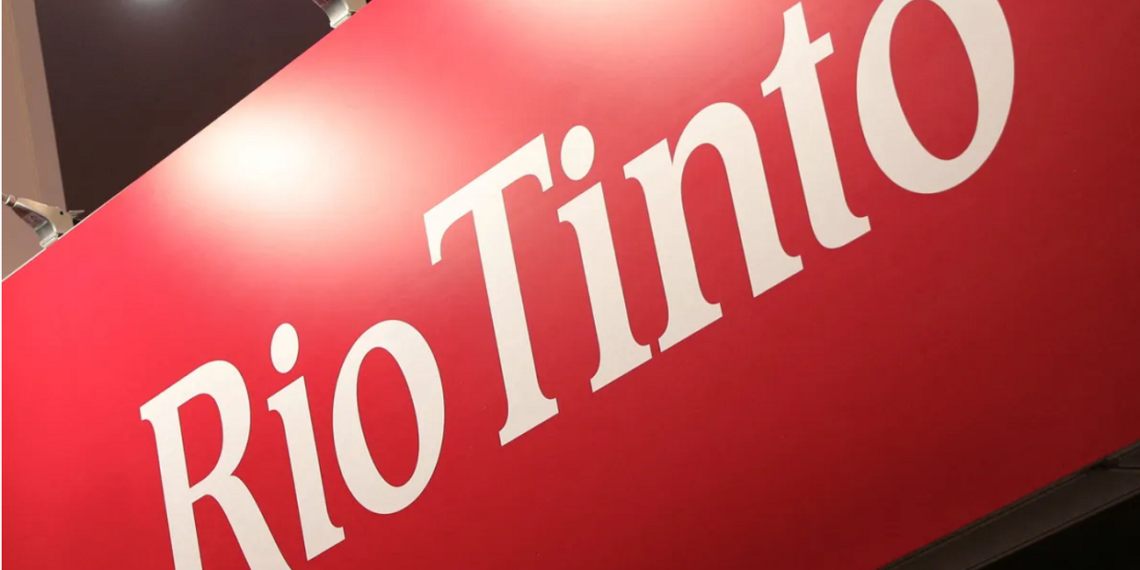Mining giant, Rio Tinto (ASX: RIO), is partnering with a Aterian plc (LSE: ATN), to expand its operations into Rwanda. The partnership will involve the development of lithium and other by-products at Aterian’s HCK lithium licence. Under the agreement, Rio Tinto has an option to invest up to US$7.5M in two stages, earning a 75% interest in the licence. As part of the deal, Rio Tinto will also reimburse Aterian US$300,000 for previous operational expenses.
Aterian’s chairman, Charles Bray, described the agreement as “transformative” for the company, highlighting its ability to identify potential world-class mineral deposits. Rio Tinto will pay US$200,000 upon satisfactory due diligence, with an additional payment of US$100,000 due at the start of the second stage. Aterian has granted Rio Tinto a 2% net smelter return over the project, capped at US$50M. Thus far, Aterian has identified 19 separate lithium/caesium/tantalum pegmatite zones across the project area.
The investment will be made through a future joint venture between Rio Tinto and Kinunga Mining (a subsidiary of Aterian), which holds the licence for the HCK project. The agreement also gives Rio the option to invest in Aterian’s two other projects in Rwanda. Following the announcement, Aterian’s stock saw a spike of more than 40% in early London trading, but later dropped to 1.04p, giving the company a market capitalization of £9.95M (US$12.7).
Rio Tinto’s CEO, Jakob Stausholm, acknowledged that the long-term outlook for lithium prices remains uncertain. Nevertheless, he expressed the company’s expectation of a future shortage of this crucial material.
The company estimates that its existing commitments to lithium supply and capacity expansions will only account for approximately 15% of supply growth between 2023 and 2050. As a result, the remaining 85% will need to be sourced from new projects.
Rio’s growing investment in battery metals was hindered last year when Serbia revoked its licence for the lucrative US$2.4 Jadar lithium project. Since then, the company has been actively seeking new assets and subsequently acquired the Rincon lithium project in Argentina. However, this acquisition is not without its own challenges, particularly as Argentina has faced an annual inflation rate of over 100% in the past year.
Overall, Rio Tinto’s partnership with Aterian demonstrates the company’s continued commitment to sourcing new assets and acquiring lithium projects to contribute to the green energy transition. The investment will allow the company to further diversify its lithium supply and expand its capacity for future growth.












